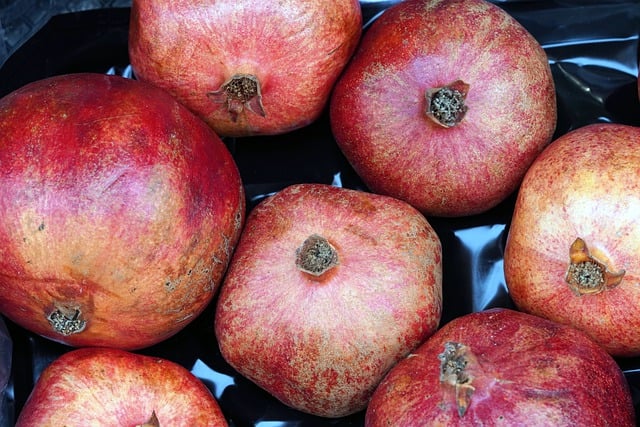Probiotics vs Prebiotics: What’s the Difference and Why Does It Matter?
Probiotics and prebiotics are both essential for maintaining a healthy gut and overall health. However, there are significant differences between the two, and understanding these differences is crucial for making informed dietary choices.
What are Probiotics?
Probiotics are live bacteria that can be found in certain foods, supplements, and fermented products like yogurt and kimchi. These bacteria are beneficial for the gut, and consuming them can help improve digestion and boost overall health.
Probiotics work by balancing the gut microbiome, which is the community of microorganisms that live in our digestive tract. When the microbiome is in balance, it can help support immune function, reduce inflammation, and aid in the absorption of essential nutrients.
While probiotics are found naturally in some foods, they are often added to supplements and fortified foods like cereals and yogurt. Different types of probiotics have different benefits, and it’s essential to choose the right one for your specific needs.
What are Prebiotics?
Prebiotics, on the other hand, are a type of fiber that our bodies can’t digest. They serve as food for the beneficial bacteria in our gut, helping them to thrive and multiply. Prebiotics can be found in a variety of whole foods, including fruits, vegetables, and whole grains.
Prebiotics are essential for maintaining a healthy gut microbiome, as they help to nourish the beneficial bacteria that live in our digestive tracts. They also help to stimulate the growth of new gut bacteria, leading to a more diverse and robust microbiome.
The Key Differences Between Probiotics and Prebiotics
While both probiotics and prebiotics are crucial for maintaining a healthy gut and overall health, there are some key differences between the two:
- Sources: Probiotics are sourced from live bacteria found in certain foods, while prebiotics come from the fiber found in whole foods.
- Function: Probiotics work by improving digestion and balancing the gut microbiome, while prebiotics serve as food for the beneficial bacteria in our gut, helping them to thrive.
- Types: There are many different types of probiotics, each with unique benefits, while prebiotics are a type of fiber that is generally the same across different types of whole foods.
How to Incorporate Probiotics and Prebiotics into Your Diet
Incorporating probiotics and prebiotics into your diet is relatively easy and can be done by eating a variety of whole foods. Here are some tips:
- Include foods like yogurt, kimchi, kefir, and sauerkraut, which are rich sources of probiotics, in your diet.
- Eat plenty of whole foods like fruits, vegetables, and whole grains, which provide prebiotics.
- Consider taking a probiotic supplement if you don’t consume probiotic-rich foods regularly.
- Consult with a healthcare provider or registered dietitian to determine what type of probiotic supplement is best for your needs.
The Bottom Line
Probiotics and prebiotics are two essential components of a healthy diet, each with unique benefits for gut health and overall well-being. Incorporating a variety of whole foods into your diet is the best way to ensure that you’re getting enough of both.
Remember, the health of your gut microbiome is critical for overall health, and making informed dietary choices can help ensure that your gut is thriving.







